#ornithology
Text

Dracula Parrot aka Pesquet’s Parrot (Psittrichas fulgidus), family Psittaculidae, order Psittaciformes, endemic to New Guinea
photograph by Martin Mecnarowski
698 notes
·
View notes
Text

Pink Robin
dean_rule_nature
#Victoria#Australia#cute animals#fluffy#birds#bird photography#ornithology#fern#wild birds#curators on tumblr
569 notes
·
View notes
Text

Skinny legs salute skinny legs.
Graureiher (grey heron) am Uni Teich, Vaihingen.
#graureiher#grey heron#birds#birding#bird watching#urban birding#garza real#birblr#nature#wildlife#ornithology#stuttgart#germany#photographers on tumblr#my photography#wildlife photography#bird photography
185 notes
·
View notes
Text

Palm Warbler (Setophaga palmarum)
October 19, 2024
Southeastern Pennsylvania
#bird#birds#photographers on tumblr#palm warbler#Setophaga palmarum#warblers#birdblr#birb#birbs#ornithology#birblr#nature#animals#migration#fall migration#wildlife photography
189 notes
·
View notes
Text
REMINDER
The birds have reserved Sector 33 today from 11am-11pm for their annual plotting.
82 notes
·
View notes
Text
Been thinking about a COD!bird hybrid Au. But their all like really fancy birds- I'll definitely be turning this into a fanfic
I'll split this into two posts!
Soap is a new guinea cock of the rock. Mostly for the natural Mohawk. He's trans in this au so he has the bright blue eyes and naturally brown mowhawk and wings. He dyes everything he can orange.
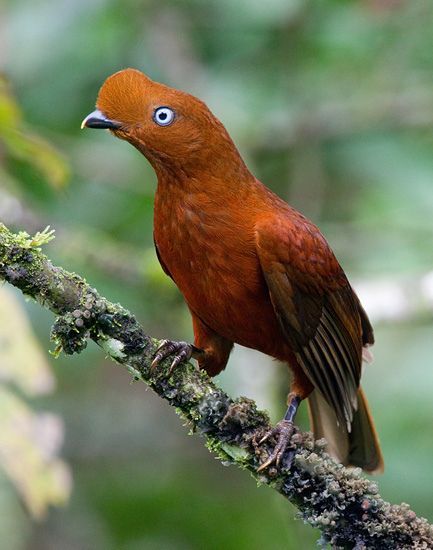

Ghost is a snowy owl because ofc he is, but he doesn't have any of those black stripes on him they usually have. And if he dose have them their barely noticable. Both of them are large and strong hunters and usually work alone unless with a mate (soap) and both seem to have a terminal case of RBF.
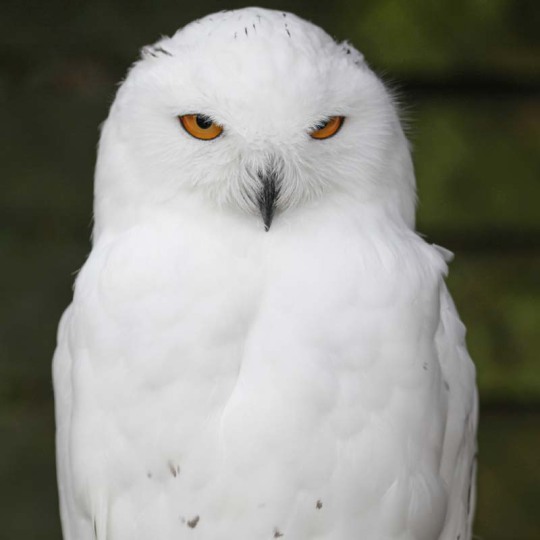

Price is a European bee eater. Their very Social little guys and are extremely fast. The colors aren't exactly tactical but I image he uses temp feather dye to darken his wings and feathers before going on an Op. European bee eaters are also extremely focused hunters, similar to Price.
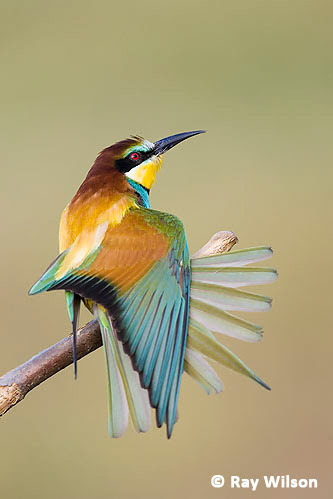

Gaz is a Costas hummingbird because I think their adorable. But similar to the bee eater price is based off of their extremely fast and nimble, the pop of purple feathers mixed into military green and white wings is also something I'm obsessed with. Plus with his wings moving as fast as hummingbird wings do he shouldn't fall out of any (more) helicopters anytime soon
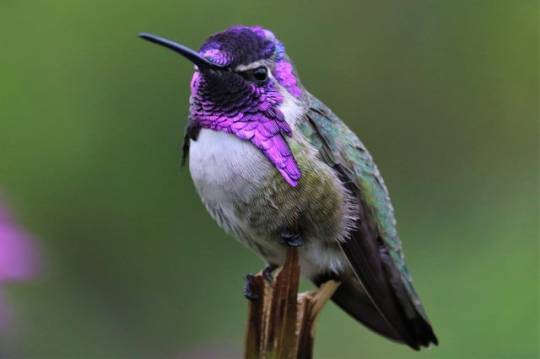

Roach would be a puffin. Their both weird little guys who like to get into strange shaped places. Ie: a hole in the wall. He'd probably pick away at some drywall and make a nest next to a gas line.


(I was so upset to learn his antenna aren't cannon) 😔
#call of duty#cod#mwii#trans soap#soap cod#john soap mactavish#john price#roach cod#ornithology#fanfiction#fanfic#kyle gaz garrick#gay#ghoap x reader#ghoap#ghoap au#birds on base#mw2
58 notes
·
View notes
Text
Lophotriccus pileatus
Scale created pygmy tyrant
It is a species of bird in the family Tyrannidae.




It was given its name for the small crown-like ring of feathers on the top of its head.
They are found in Colombia, Ecuador, Costa Rica, Peru, Venezuela and Panama.
#ornithology#science#biology#halloween#birdblr#birds#wild birds#bird photography#interesting facts#animals#nature#interesting#earth#aesthetic#cute animals#birdwatching#cute as hell#i want one
52 notes
·
View notes
Text

fun is twice as fun with someone to share !!!!!!
21 notes
·
View notes
Text



Crying over these geese.. oh to be a solitary goose finding love and starting a family in an interracial goose relationship
#THEYRE LITERALLY A FAMILY.. if you even fucking care#greylag goose#canada goose#canadian goose#birds#birblr#ornithology#mine#dumbbitchawards
38K notes
·
View notes
Text
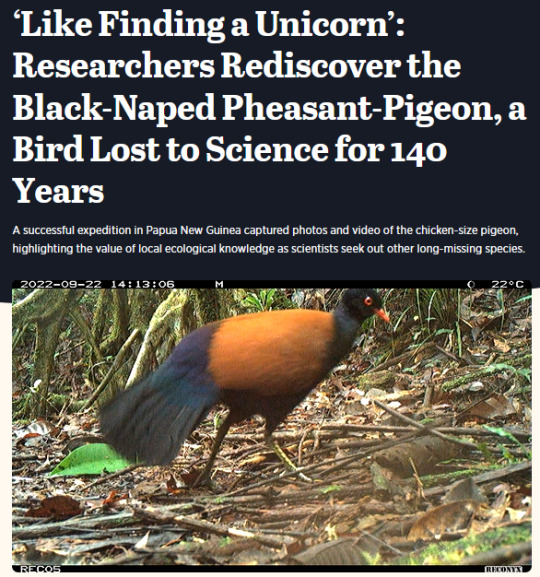
I like how the one dude had to sit down twice he was so overwhelmed
60K notes
·
View notes
Text
hey guys you wanna see a really really bad image of a pelican
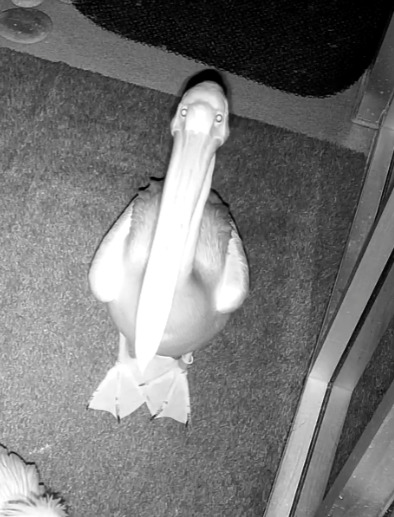
YEAH you do. here it is. jesus fucking christ
47K notes
·
View notes
Text

Violet-crowned Woodnymph (Thalurania colombica), male, family Trochilidae, Colombia
photograph by Rainforest Photo Tours
#woodnymph#thalurania#trochilidae#apodiformes#hummingbird#bird#ornithology#animals#nature#south america
598 notes
·
View notes
Text
I feel like if humans swallowed rocks like birds do to help grind up food we'd have so much fun with it.
Can just imagine all the girlies on tiktok going "I know this is a bit controversial but I honestly love using limestone as a gastrolith. Not only can you readily forage it but they are just so pretty when smoothed out after regurgitating them"
and then all the comments would be like " girl 😭 😭 calcite dissolves in stomach acid!! Just use quartz if you want a pretty gastrolith like 💀"
#hehe what would you use as gastrolith#would it be okay to use rose quartz that would be fun I think#I really wish people could swallow rocks#birds#ornithology#silly
85K notes
·
View notes
Text

"We're gonna be talking about the BOOBY! We'll be talking about the WOODCOCK! Do you think that's FUNNY, Butthead? Do you find it AMUSING that we'll be talking about the SWALLOW? Yes, we're also gonna be talking about the DICKCISSEL, the BUSHTIT, the COCK-OF-THE-ROCK, the SHAG... and we will DEFINITELY be spending a LOT of time talking about...GREAT TITS!!"
#beavis and butthead#ornithology#birds#meme#shitpost#this is an old meme i made on twitter a long time ago#now i'm bringing it here
45K notes
·
View notes
Text
I have come into possession of an ornithology book from the 1930's and they had such a way of describing birds back then, modern publishers of birding booking should take note! Here are some of the bangers.















yes, this book refers to the anhinga as a water-turkey
6K notes
·
View notes
Text
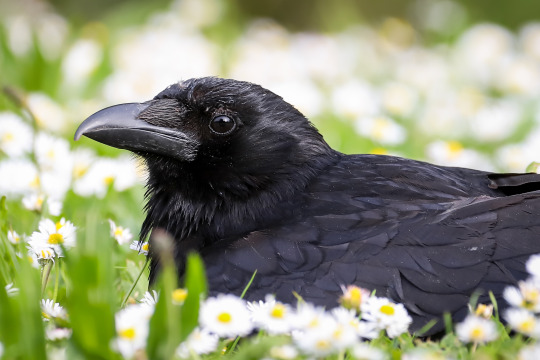
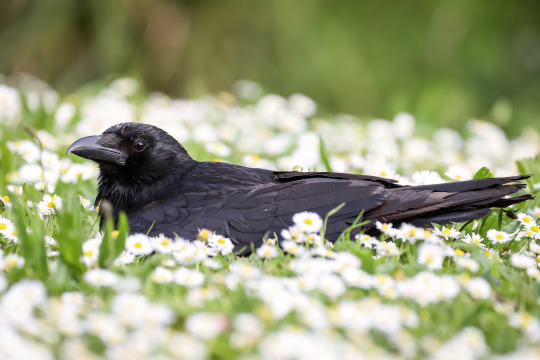
Up on melancholy hill sits a crow just looking out on the day...
Aaskrähe (carrion crow) im Unteren Schlossgarten, Stuttgart-Ost.
#aaskrähe#carrion crow#crow#birds#corvids#birblr#corneja negra#bird watching#birding#urban birding#nature#wildlife#ornithology#stuttgart#germany#photographers on tumblr#my photography#wildlife photography#bird photography
12K notes
·
View notes